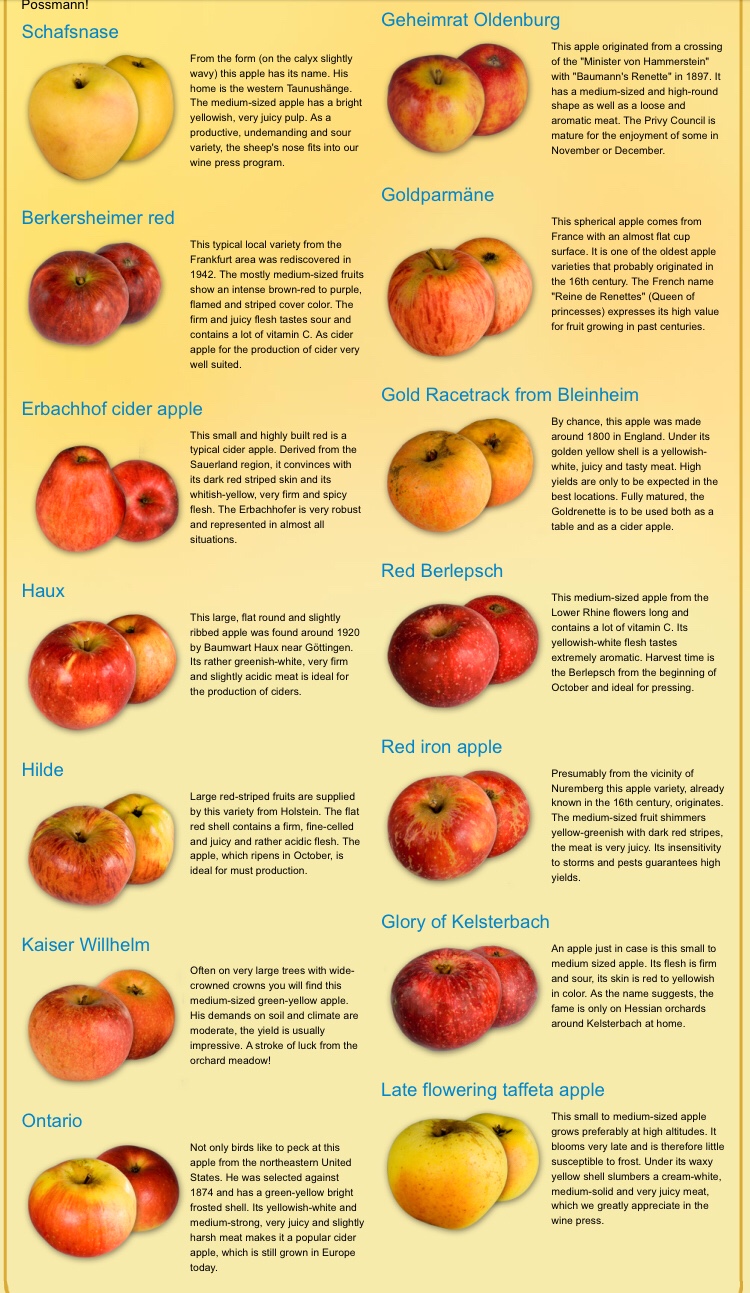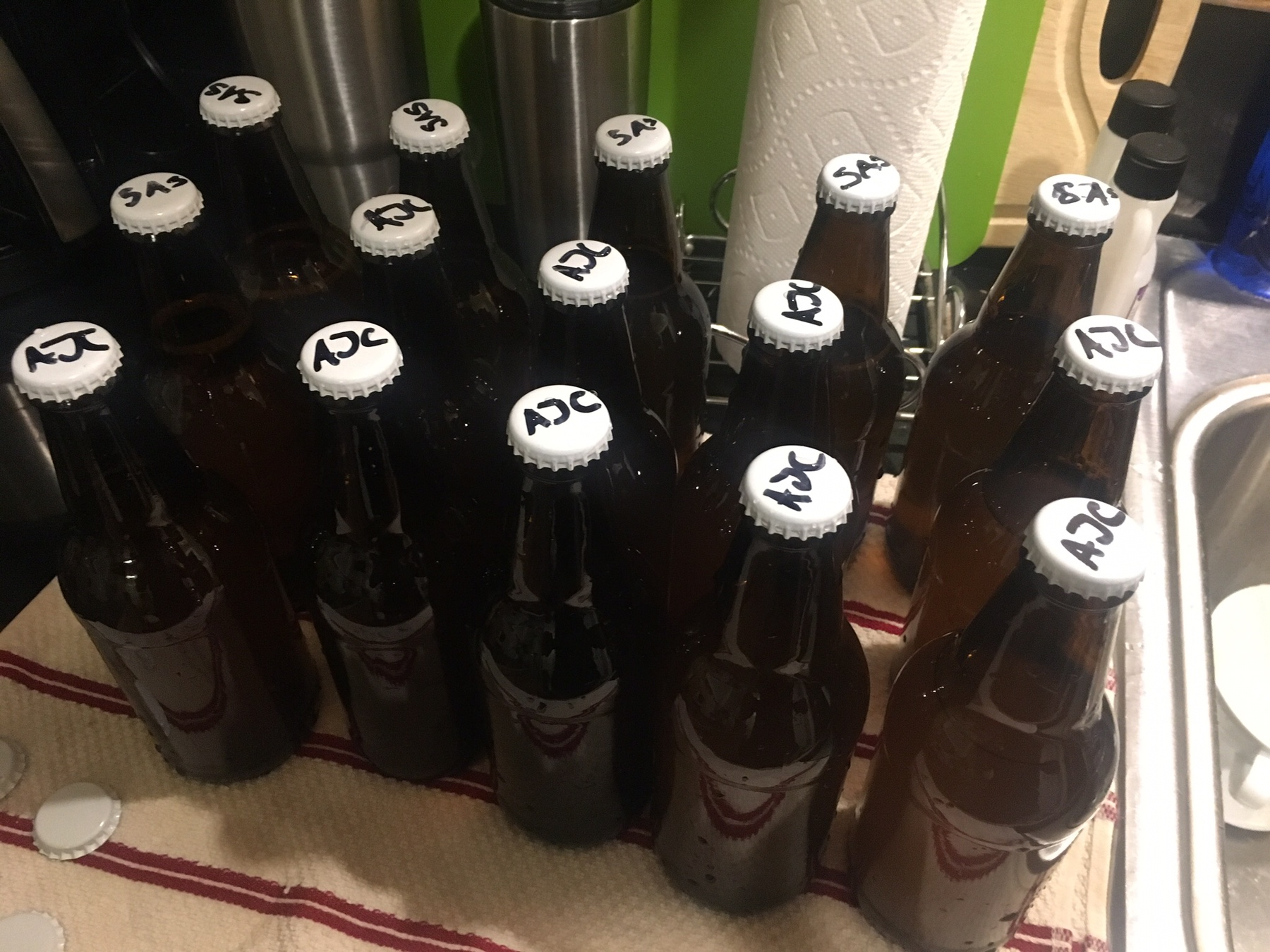DerSchopferVonEbbelwoi
Active Member
- Joined
- Jun 7, 2018
- Messages
- 34
- Reaction score
- 11
Hello folks,
I can’t seem to get my hands on Possman’s “Frankfurter Applewine” (see attached image) and so I have no way if knowing what I’ve made from Simply Apple (fresh-pressed, pasteurized, unfiltered apple juice), Pectin Enzyme, and Belle Saison yeast... “tastes right”.
In searching the forum for a recipe or some way of making a simple, natural-ABV, zero-additive, true-to-form apfelwein that tastes like what one would get in Frankfurt at an Apfelwein Garden... I’ve noticed that a few others are/were looking for the same thing, with no satisfactory answers. Perhaps they finally figured it out and they can now help me.

It has been mentioned that Edwort’s recipe tastes just like what one can get in Frankfurt, but would removing added sugar in the form of dextrose from this result in the same “tastes right” result?
So I have several questions, all of which should help me to zero in on what I’m looking for.
1) Does adding sugar in pre-fermentation affect end flavor profile? (i.e. does removing the dextrose from Edwort’s “Apfelwein” recipe result in the “wrong” flavor?)
2) Does fermenting American sweet orchard cider until dry result in the same thing as Frankfurt-style apfelwein?
and finally...
3) Does apfelwein taste the same as either “Scrumpy”, or perhaps the recipe on here called “Everyday Simplest Cider”?
I can’t seem to get my hands on Possman’s “Frankfurter Applewine” (see attached image) and so I have no way if knowing what I’ve made from Simply Apple (fresh-pressed, pasteurized, unfiltered apple juice), Pectin Enzyme, and Belle Saison yeast... “tastes right”.
In searching the forum for a recipe or some way of making a simple, natural-ABV, zero-additive, true-to-form apfelwein that tastes like what one would get in Frankfurt at an Apfelwein Garden... I’ve noticed that a few others are/were looking for the same thing, with no satisfactory answers. Perhaps they finally figured it out and they can now help me.

It has been mentioned that Edwort’s recipe tastes just like what one can get in Frankfurt, but would removing added sugar in the form of dextrose from this result in the same “tastes right” result?
So I have several questions, all of which should help me to zero in on what I’m looking for.
1) Does adding sugar in pre-fermentation affect end flavor profile? (i.e. does removing the dextrose from Edwort’s “Apfelwein” recipe result in the “wrong” flavor?)
2) Does fermenting American sweet orchard cider until dry result in the same thing as Frankfurt-style apfelwein?
and finally...
3) Does apfelwein taste the same as either “Scrumpy”, or perhaps the recipe on here called “Everyday Simplest Cider”?





